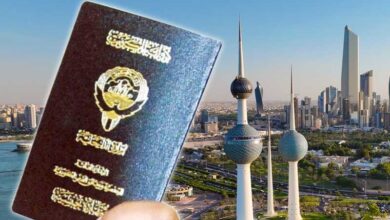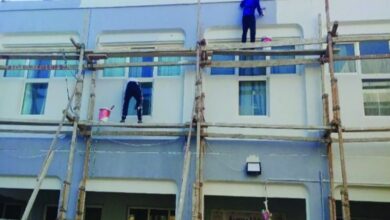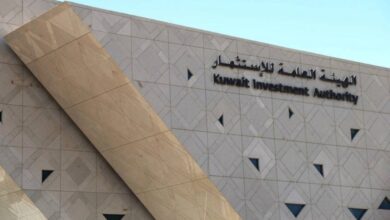Customs identifies 68 Indicators to detect money laundering and terrorism financing at borders
Customs officers have been instructed to detain suspicious travelers as long as necessary

The General Administration of Customs has taken a major step in strengthening Kuwait’s defenses against financial crimes by identifying 68 specific indicators that can signal potential money laundering or terrorism financing activities among travelers.
According to informed sources, customs officers have been instructed to detain suspicious travelers as long as necessary to evaluate these red flags and coordinate directly with Ministry of Interior personnel to determine the best course of action. The goal is to ensure swift, coordinated responses in cases involving cross-border financial crimes, reports Al-Rai daily.
The customs authorities have classified the indicators into seven key categories:
1. Traveler Behavior and Background
Employees are advised to scrutinize individuals for links to global or regional watchlists (UN, US, EU, GCC), the use of forged or incomplete documents, suspicious group travel dynamics, lack of clarity regarding travel purpose, or erratic behavior such as excessive sweating or discomfort when questioned. Travelers who refuse food or display irregular body shapes suggesting hidden cash, or who exhibit nervousness around detection equipment, are also flagged.
2. High-Risk Destinations and Nationalities
Travelers with origins, destinations, or transit histories involving high-risk jurisdictions—such as countries experiencing armed conflict or those failing to comply with FATF recommendations (e.g., Iran, North Korea, Myanmar)—may be subjected to additional scrutiny.
3. Suspicious Travel Patterns
Patterns that mirror known smuggling routes, frequent short trips to criminal hotspots, last-minute ticket purchases, or inconsistent travel explanations raise concerns. Also suspicious are group travelers who claim not to know each other, or use one-way tickets or newly acquired vehicles without clear justification.
4. Irregularities in Documentation
Customs is alert to tampered passports, inconsistent nationalities, or the use of multiple identities to hide previous travel. Supporting documents that do not align with the traveler’s story or appear forged are also red flags.
5. Suspicious Goods
The transport of illicit or high-risk goods—including drugs (notably Captagon), counterfeit products, or unexplained luxury items like gemstones or artworks—is monitored closely. Customs also looks for travelers in possession of prepaid mobile phones with minimal saved contacts, or tools linked to virtual assets like hardware wallets or crypto recovery phrases.
6. Unusual Currency Handling
Red flags include carrying high-risk currencies (e.g., Syrian pound, Iranian rial), amounts exceeding legal limits, multiple currency types not related to the destination country, or vague claims of charitable donations. Travelers with unexplained cash from nonprofit organizations, dirty or damaged banknotes, or large sums concealed in irregular ways are also suspect. Possession of counterfeit currency or acceptance of potential confiscation without objection is another indicator.
7. Previous Criminal Associations
Past convictions or links to criminal networks, including those involving drugs, smuggling, or financing extremist groups, strengthen suspicions and warrant further investigation.
Customs sources emphasized that these indicators are not meant to be used in isolation, but rather as a comprehensive framework to help employees detect suspicious behavior and coordinate with security partners.
This enhanced protocol reflects Kuwait’s ongoing commitment to combat illicit financial flows and align with international efforts to fight money laundering and terrorism financing.













